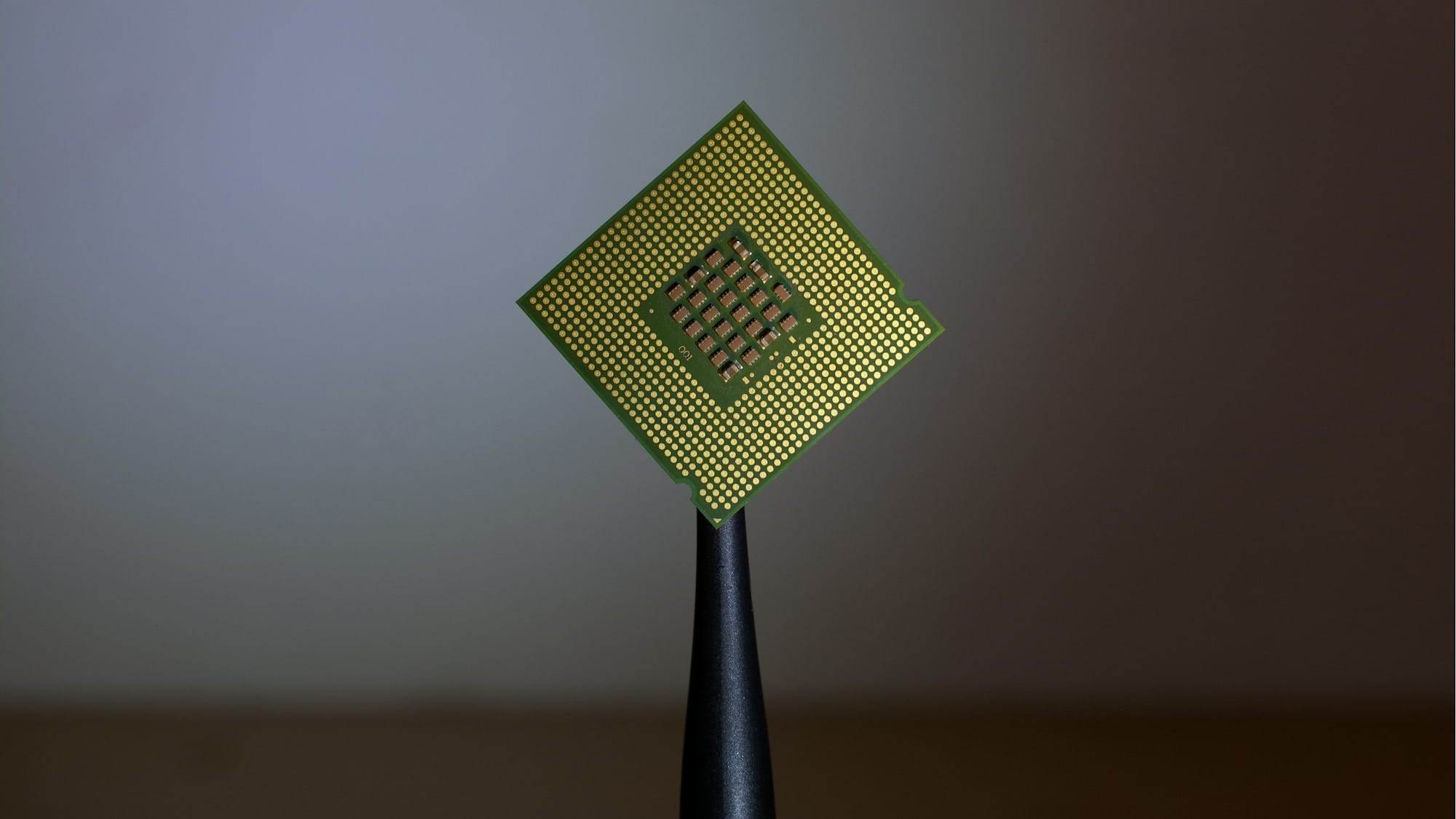Broadcom rockets as OpenAI partnership signals new phase in the AI hardware race
- Shares jumped 9%, adding $158 billion in market value to nearly $1.7 trillion.
- The deal with OpenAI cements Broadcom’s role as a key player in the custom AI chip market.
- Analysts see the partnership as both a challenge to Nvidia’s dominance and a test of Broadcom’s execution.
Broadcom’s latest surge is about more than another piece of AI hype. The semiconductor group has sealed a landmark deal with OpenAI to co-develop and deploy ten gigawatts of custom artificial intelligence accelerators, confirming its growing role at the core of the AI infrastructure buildout.
The announcement sent Broadcom’s stock soaring on Monday, pushing its valuation close to $1.7 trillion and solidifying its position among the world’s most valuable technology firms.
The partnership formalises an 18-month collaboration and marks OpenAI’s most ambitious step yet to diversify its chip supply away from Nvidia and AMD. The new systems, built around Broadcom’s Ethernet stack, will integrate networking, memory and compute, all tailored to OpenAI’s models.
OpenAI’s Sam Altman said the deal would drive major efficiency gains, delivering faster, cheaper and more powerful AI systems as global demand continues to surge.
Broadcom chief executive Hock Tan described OpenAI as developing “the most advanced frontier models” and said the collaboration underscores the importance of controlling chip design and production.
OpenAI currently operates around two gigawatts of computing capacity but has now lined up more than 30 gigawatts in commitments across partnerships with Nvidia, AMD, Oracle and Broadcom.
Market analysts were quick to respond. Bank of America raised its price target for Broadcom, citing the company’s strengthening position in the custom chip market. Citi said the deal highlights Broadcom’s ability to challenge Nvidia’s dominance, while UBS noted that the collaboration could help ease global chip shortages as AI demand accelerates.
Some analysts cautioned that Broadcom’s focus on application-specific chips offers performance gains but less flexibility if AI architectures evolve quickly.
Broadcom’s so-called XPUs have already attracted major customers such as Google, Meta and ByteDance. The OpenAI deal extends that momentum, positioning the company as a critical supplier of bespoke hardware for generative AI models.
Related reading
With each gigawatt of compute estimated to cost around $50 billion, this agreement represents one of the most capital-intensive projects in the sector’s history.
Investors now see Broadcom as a central player in the global race to build next-generation AI infrastructure. The challenge will be whether the company can deliver at scale without eroding margins. For now, the market is confident that Broadcom has found its next growth engine in silicon designed for intelligence itself.






